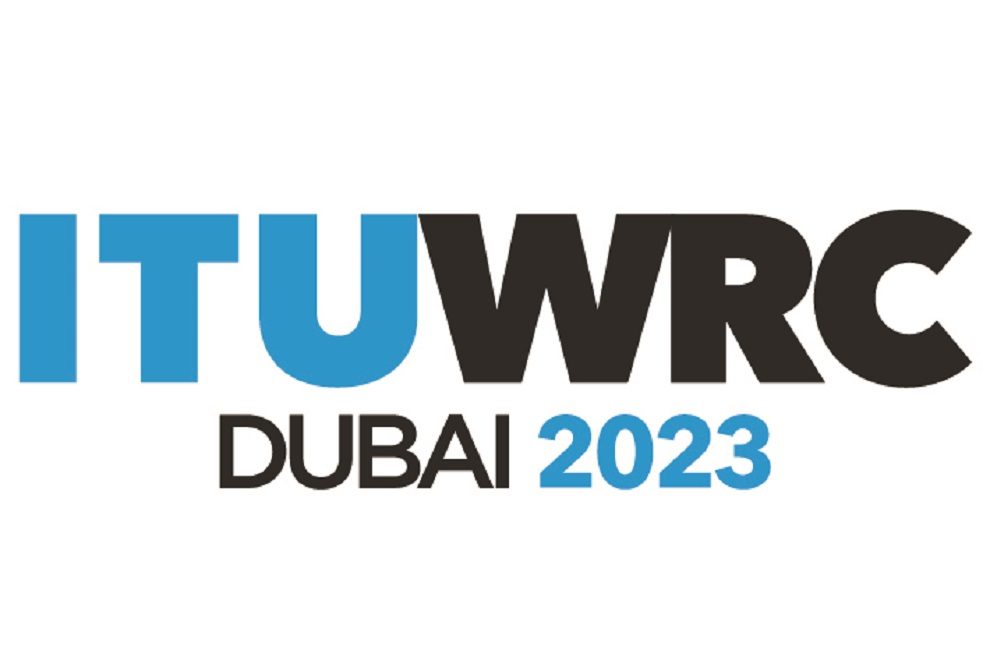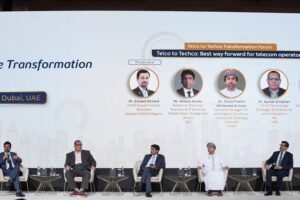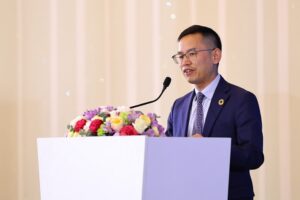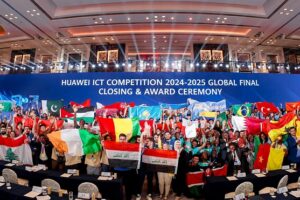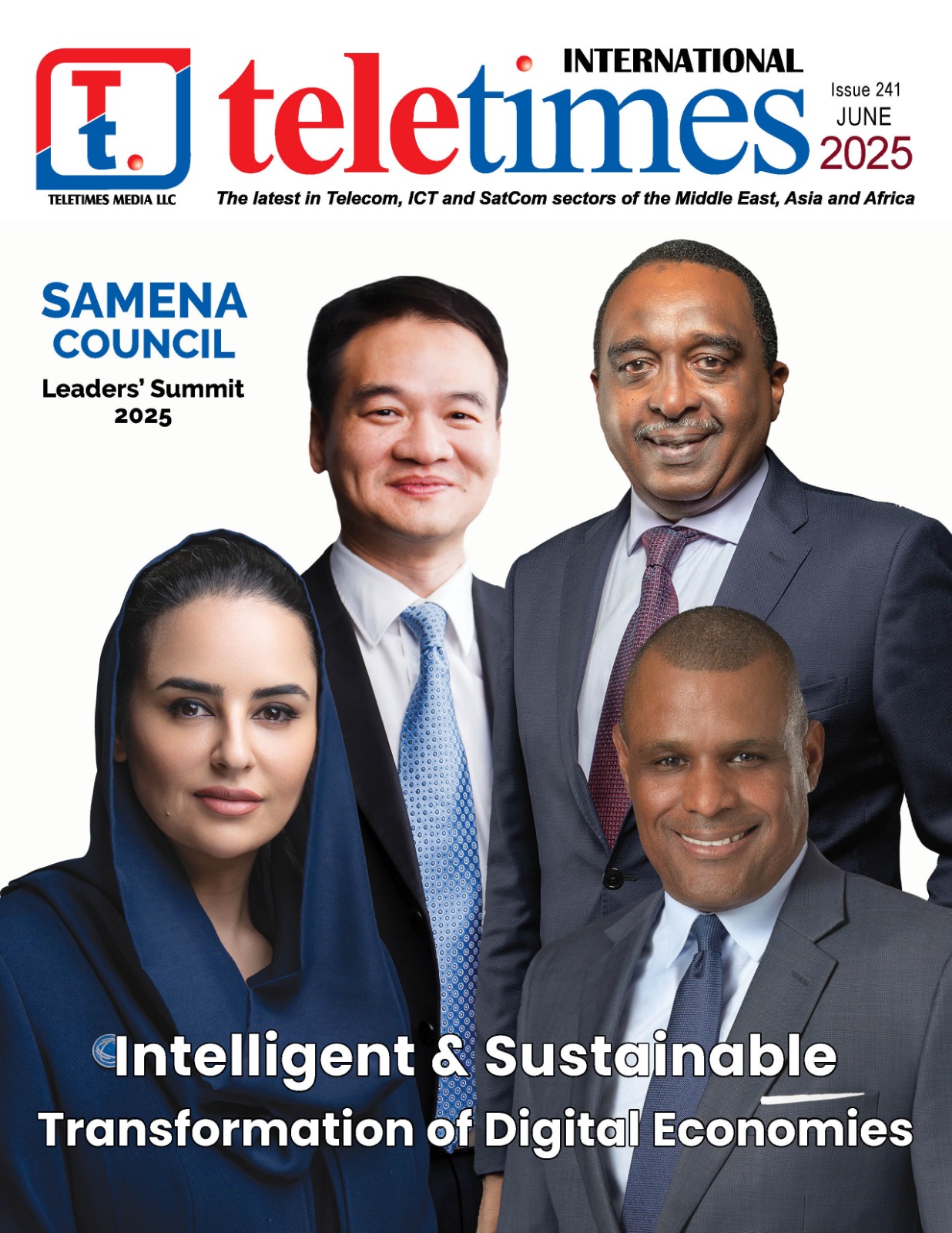The International Telecommunication Union (ITU) and the United Arab Emirates (UAE) have signed an agreement for the hosting of the next World Radiocommunication Conference (WRC-23) to be held at the Dubai World Trade Centre, Dubai between 20 November and 15 December 2023.
The WRC-23 host country agreement was signed in Bucharest, Romania, at the ITU Plenipotentiary Conference (PP-22). Held every four years for a period of four weeks, the World Radiocommunication Conference (WRC) is mandated to update the Radio Regulations, the sole international treaty governing the use of the radio frequency spectrum and the geostationary and non-geostationary satellite orbits.
“As the world works towards achieving the 2030 Agenda for Sustainable Development, collaboration, cooperation, and consensus building are more critical than ever to enable all countries and their citizens to have access to affordable and sustainable digital technologies and services,” said ITU Secretary-General Houlin Zhao. “I would like to sincerely thank the United Arab Emirates and the city of Dubai for agreeing to host the next World Radiocommunication Conference.”
WRC-23 will bring national government authorities and telecommunication regulatory agencies together with representatives of key radiocommunications users and providers to consider crucial policy and technical regulatory discussions at the global level.
H.E Engineer Majed Sultan Al Mesmar, Director General of the UAE Telecommunications and Digital Government Regulatory Authority (TDRA), said: “We are eager to host the WRC-23 and we are determined to make it a success story to be added to the many milestones in our fruitful relationship with the ITU. By hosting WRC-23, the UAE would be the only country that has chaired and hosted all the ITU-affiliated conferences. We welcome all the participating countries, and we wish them a pleasant stay in the UAE, and we hope that all the desired results of this conference will be achieved, on the way to promoting digital transformation and increasing communication between parts of the world in a way that contributes to achieving sustainable development.”
International cooperation throughout the four-year conference cycle supports the availability of radiocommunication services that are free of harmful interference, as well as future investment in these essential resources.
“WRC-23 will provide ITU Member States the opportunity to update the Radio Regulations which play a key role in shaping the future of technical and regulatory frameworks necessary to provide a solid foundation for the further advancement of innovative and affordable technologies that define how we work, do business, communicate, acquire knowledge, access vital services and much more,” said Mario Maniewicz, Director of the ITU Radiocommunication Bureau.
Radio Regulations updates
Delegates to the conference – a direct governing body for ITU’s Radiocommunication Sector (ITU-R) – are expected to consider the results of technical studies on specific matters on the agenda, and to revise the Radio Regulations accordingly. Such revisions will serve to expand access to radio frequencies for various services and applications, including broadcast services, emergency communications, and satellite and space services, wherever needed.
The flagship conference will be preceded by the Radiocommunication Assembly (RA-23), which will take place from 13 – 17 November 2023, also at the Dubai World Trade Centre.
Preparation underway
Over 4,000 delegates from ITU’s 193 Member States are expected to attend WRC-23 and RA-23. Attending as observers will be representatives from the 278 ITU Radiocommunication Sector Members, representing varied stakeholders including equipment manufacturers, telecommunications companies, network operators, international organizations, and industry forums. Representatives from ITU’s United Nations sister agencies, regional telecommunication organizations, academia and intergovernmental organizations operating satellite systems will also be in attendance.
The preparatory process for World Radiocommunication Conferences involves extensive studies and technical discussions among governments, regulatory authorities, network operators, and equipment suppliers, along with industry forums and spectrum users at the national, regional, and global levels.
The multi-stakeholder approach enables consensus-building, which is essential for each WRC to foster a stable, predictable, and universally applied regulatory environment.


